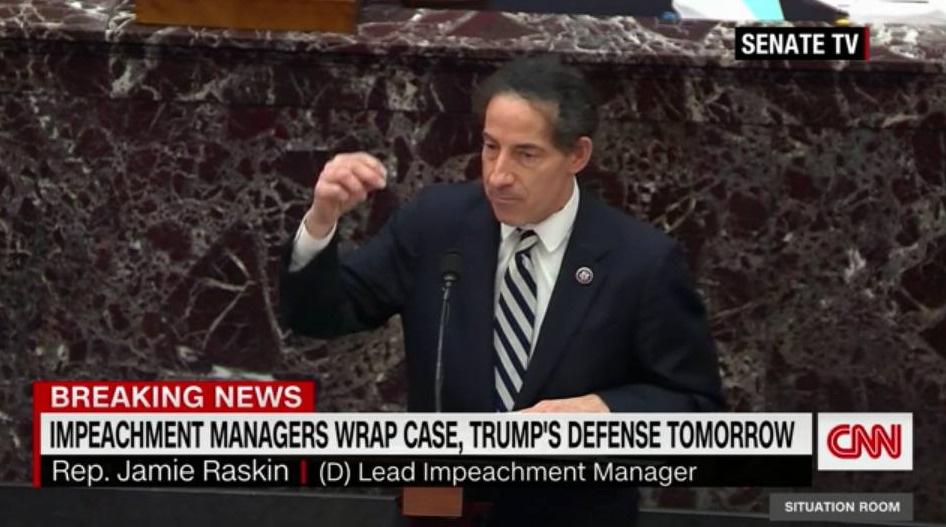Already there are calls from both parties for a bipartisan commission to study thoroughly the events of Jan. 6 and the storming of the Capitol. The chairs of the 911 Commission (2002-04), Thomas Kean, former Republican governor of New Jersey, and Lee Hamilton, former Democratic House member from Indiana, have both urged President Biden to assemble such a commission, as has Speaker Nancy Pelosi.
One interesting local footnote: former Washington Sen. Slate Gorton was a member of the prestigious 10-person bipartisan commission, and Gorton always spoke glowingly of the fellow members (including some liberal Democrats) and the staff work. The 911 Commission assembled a staff of 70 and interviewed 1,200 people. Phil Zelikov was the executive director who wrote the report (much praised for its lucidity).
Of course that earlier effort existed in a time of national unity, which is certainly not the case today. Both Kean and Hamilton voiced some skepticism about finding enough fair-minded and trusted commissioners for the proposed 1/6 Commission, and one can also imagine the jockeying for various voices and equity issues in building the commission and even funding it. (The 911 Commission had to beg Congress for enough funding.) Besides, many of the likely Congressional commissioners have already had to choose sides in the impeachment votes, and partisan nerves are rubbed raw.
Nor was the 911 Commission without its critics, who found it did not dig deeply enough, point enough blame (particularly at the FAA and local airports). Benjamin DeMott, in a Harper’s article, lodged this critical summary:
“The plain, sad reality – I report this following four full days studying the work – is that The 9/11 Commission Report, despite the vast quantity of labor behind it, is a cheat and a fraud. It stands as a series of evasive maneuvers that infantilize the audience, transform candor into iniquity, and conceal realities that demand immediate inspection and confrontation. Because it is continuously engaged in scotching all attempts to distinguish better from worse leadership responses, the Commission can’t discharge its duty to educate the audience about the habits of mind and temperament essential in those chosen to discharge command responsibility during crises.”
Discover more from Post Alley
Subscribe to get the latest posts sent to your email.
